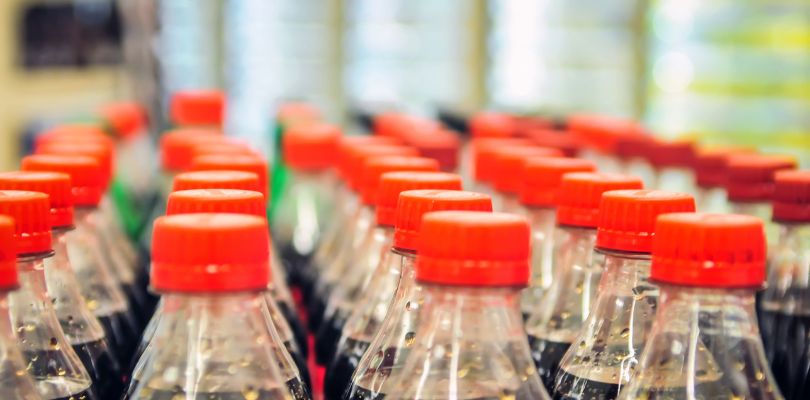Vision Villains
Some drinks can harm your eyes and may lead to vision problems. It’s important to choose your drinks wisely to keep your eyes healthy. Here are some drinks you should avoid to protect your vision.
Worst Drinks to Avoid That Lead to Vision Loss
1. Sugary Sodas
Sugary sodas are packed with sugar and empty calories. Drinking too many sodas can lead to high blood sugar levels, which may cause problems with your vision over time. This is because high blood sugar can damage the small blood vessels in your eyes, leading to conditions like diabetic retinopathy.
2. Energy Drinks
Energy drinks often contain high levels of caffeine and sugar. While they might give you a quick boost, they can also lead to dehydration. Dehydration can affect your eyes, making them dry and irritated. Over time, this can contribute to vision issues.
3. Alcohol
Drinking too much alcohol can harm your eyes in several ways. It can lead to dehydration, making your eyes dry and uncomfortable. Heavy drinking can also increase the risk of eye diseases like macular degeneration, which can cause vision loss.
4. Sweetened Teas
Sweetened teas, like iced tea with lots of sugar, can have a similar effect as sugary sodas. They add extra sugar to your diet, which can raise your blood sugar levels. High blood sugar can damage the blood vessels in your eyes and affect your vision.
5. High-Caffeine Drinks
Drinks with high levels of caffeine, like strong coffee or certain energy drinks, can cause dehydration. Dehydration can lead to dry eyes and blurry vision. It’s best to limit your caffeine intake to keep your eyes healthy.
Vision Loss Treatment Options
Treatments for vision loss vary depending on the cause and severity of the condition. Here are some common approaches:
Eyeglasses or Contact Lenses
For many vision problems, glasses or contact lenses can correct vision by adjusting the way light enters the eye. They are often used for conditions like nearsightedness, farsightedness and astigmatism.
Medications
Certain eye conditions, such as glaucoma or age-related macular degeneration (AMD), may be treated with medications. These can come in the form of eye drops, oral pills or injections to reduce inflammation, lower intraocular pressure or slow the progression of diseases.
Surgery
Surgical options can help treat various types of vision loss:
- Cataract surgery: Removes the cloudy lens and replaces it with a clear artificial lens.
- Laser surgery: Used for conditions like diabetic retinopathy or to correct refractive errors.
- Retinal surgery: Addresses issues like retinal detachment or macular holes.
Low Vision Aids
For those with significant vision loss, low vision aids can help. These include magnifying glasses, special reading lamps and electronic devices that enhance text and images.
Vision Therapy
This is a type of physical therapy for the eyes and brain. It can help improve visual skills and coordination, often used for conditions like strabismus (crossed eyes) or amblyopia (lazy eye)
Keeping Your Eye on the Right Drinks
Choosing the right drinks is important for keeping your eyes in good shape. Try to drink water and other healthy beverages to keep your vision sharp and clear. If you have any concerns about your vision, talk to your doctor for more advice.
If you're looking to build up your energy, avoid these drinks.
